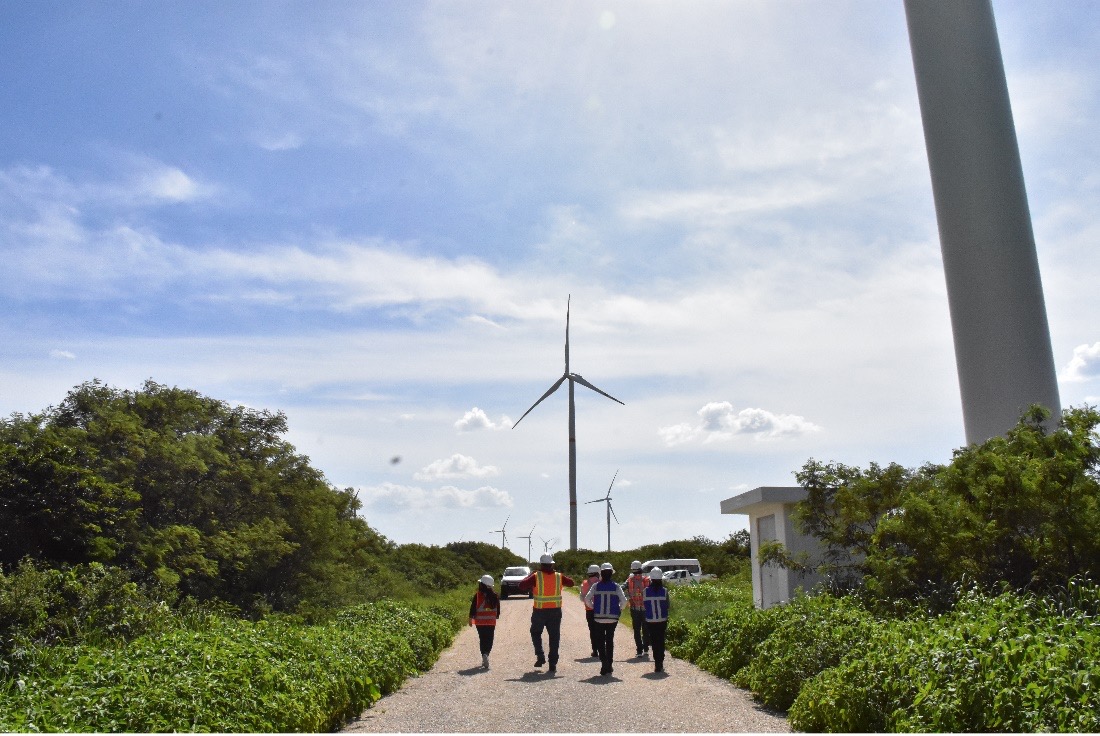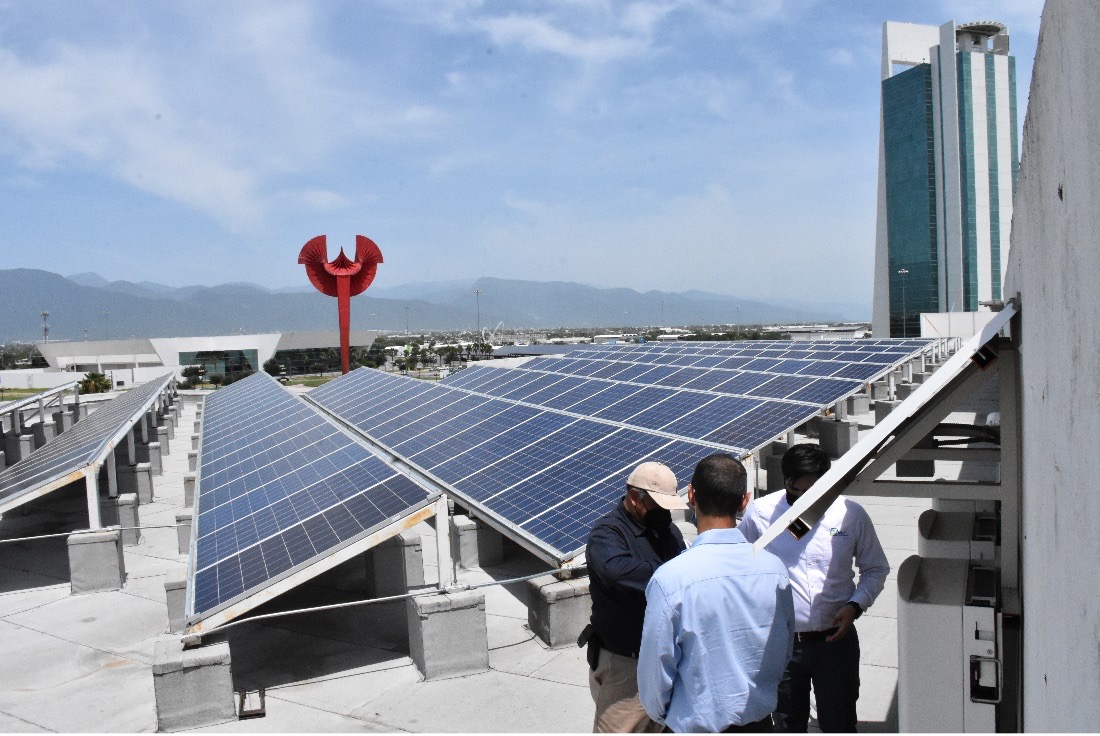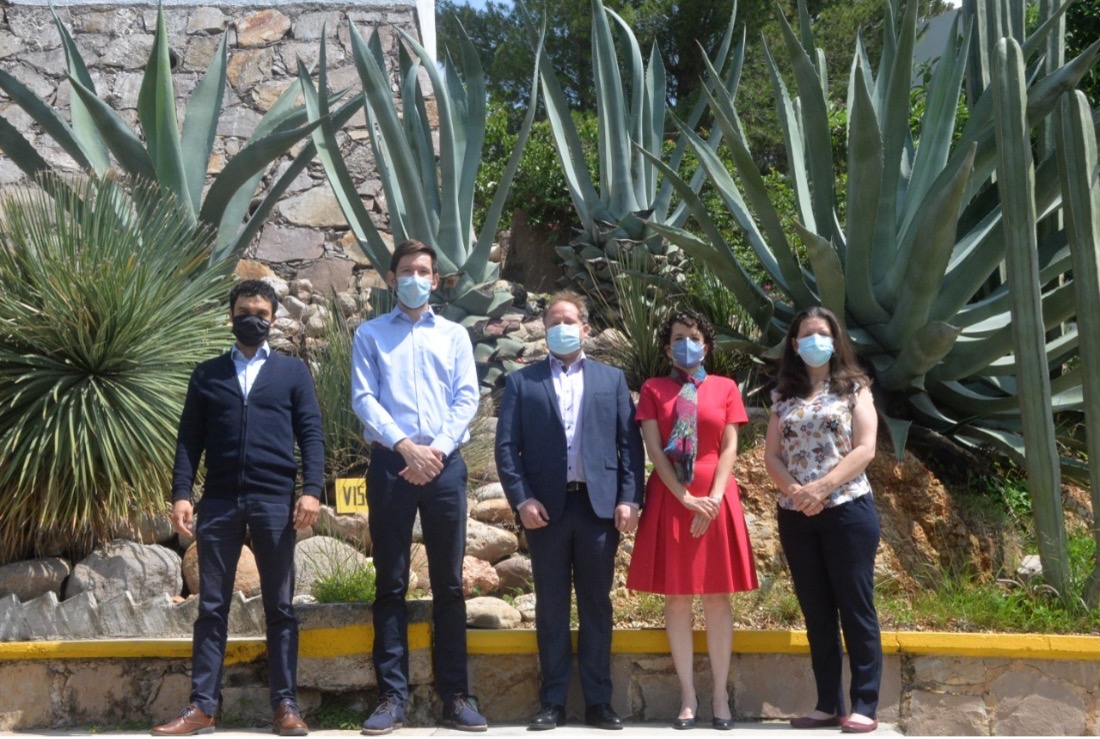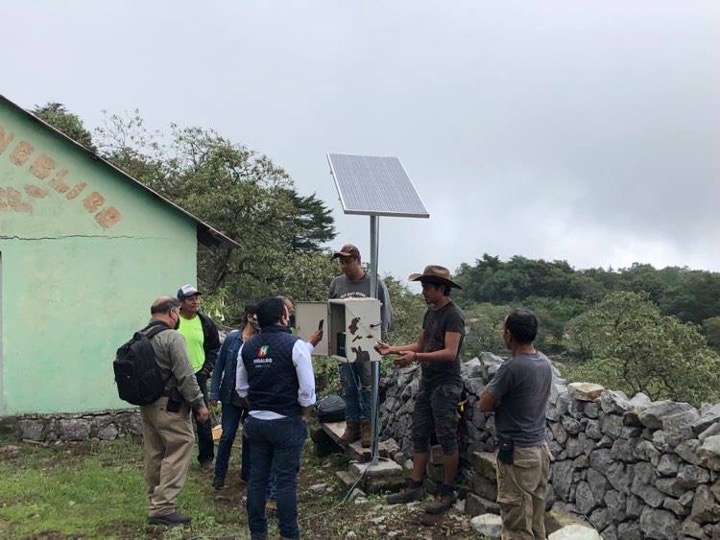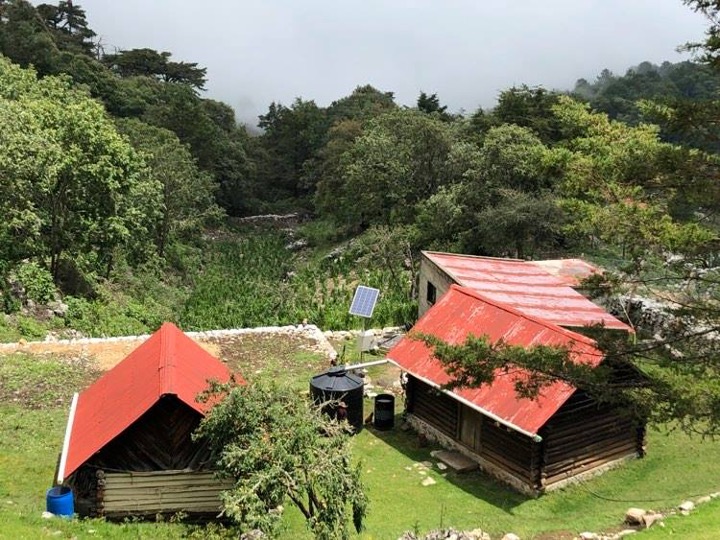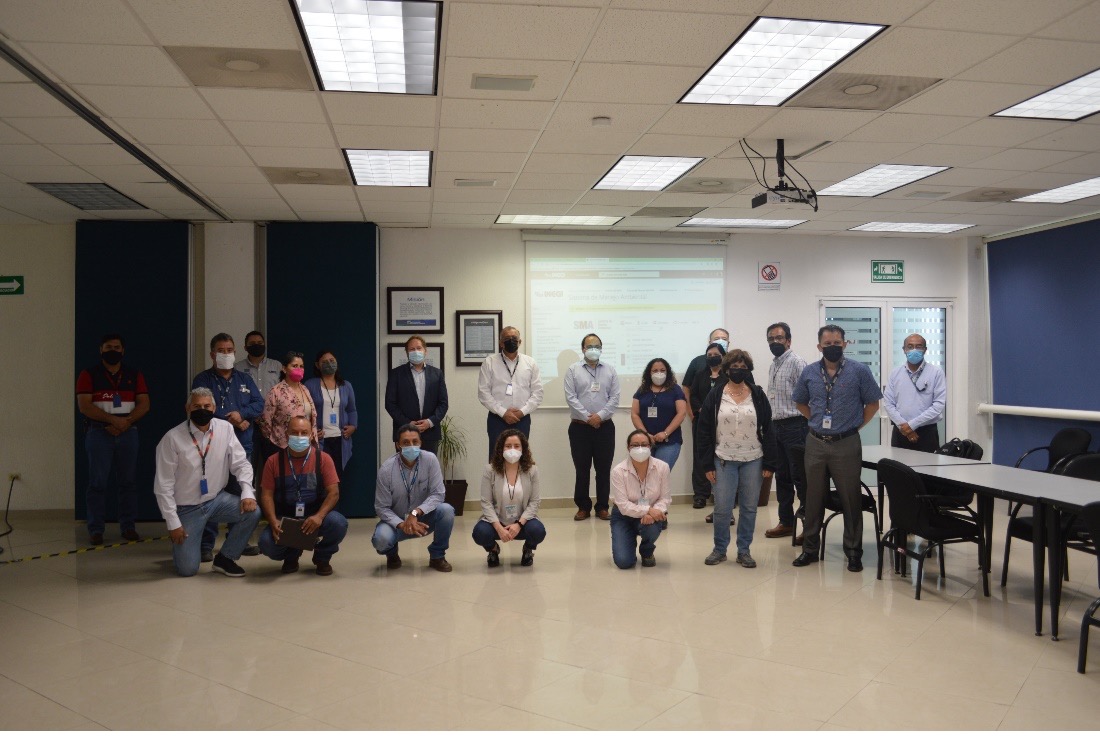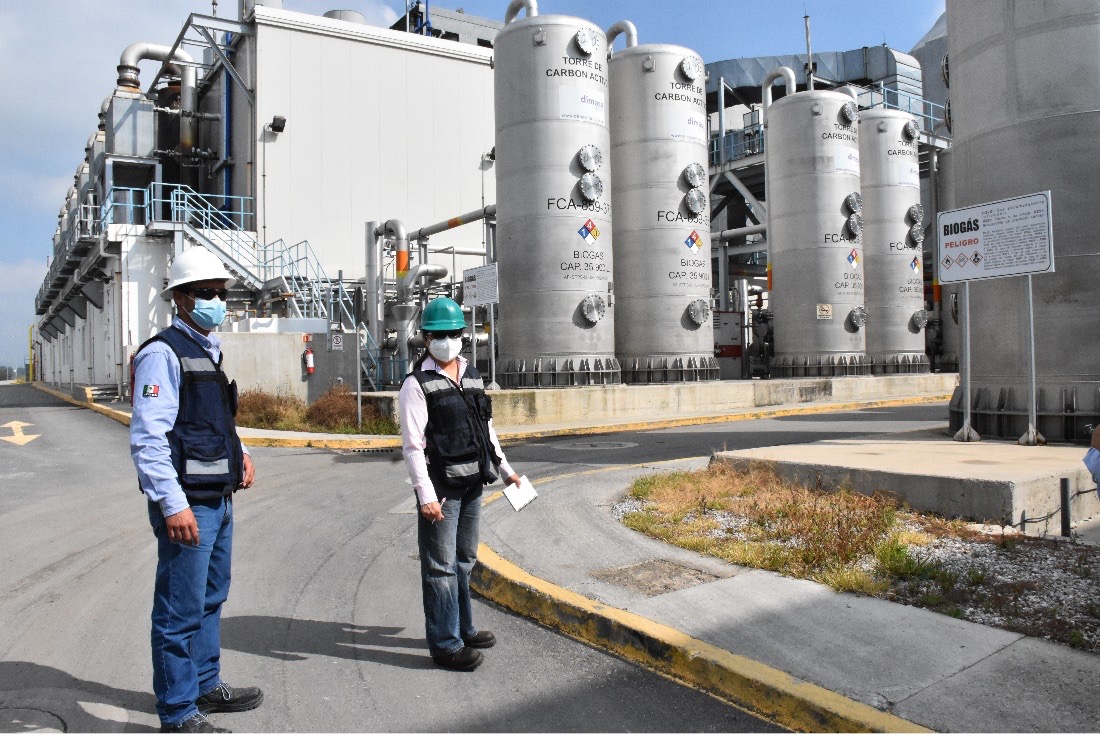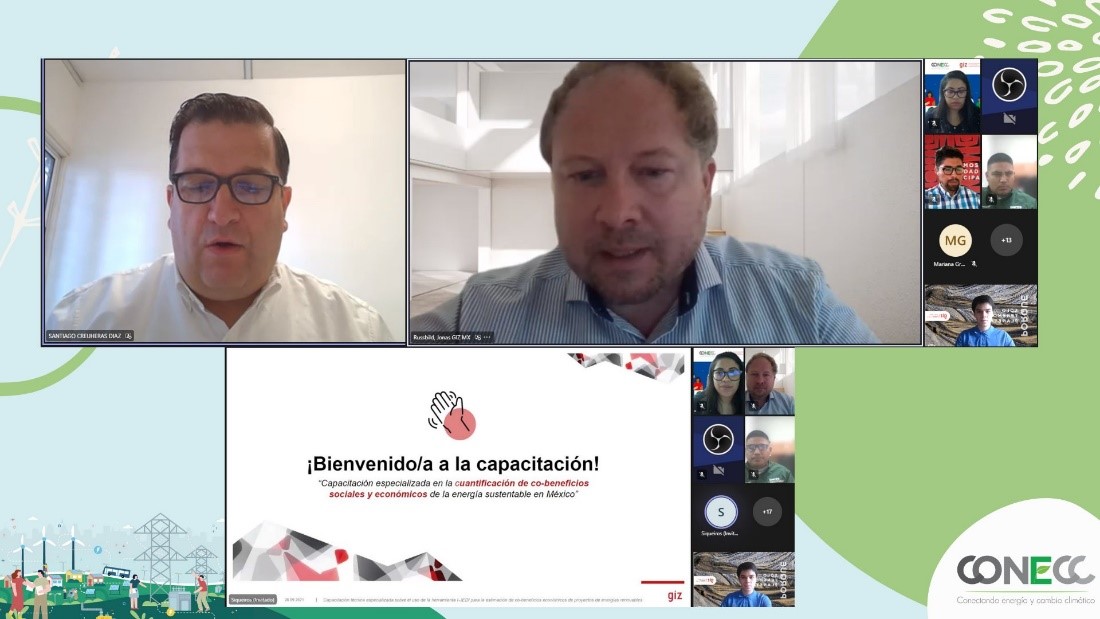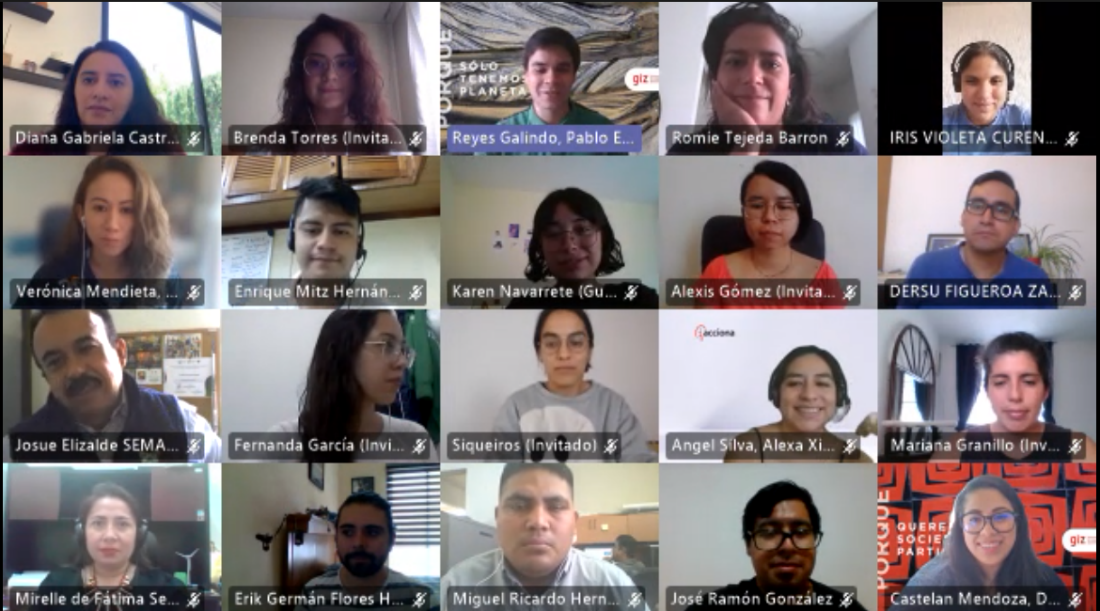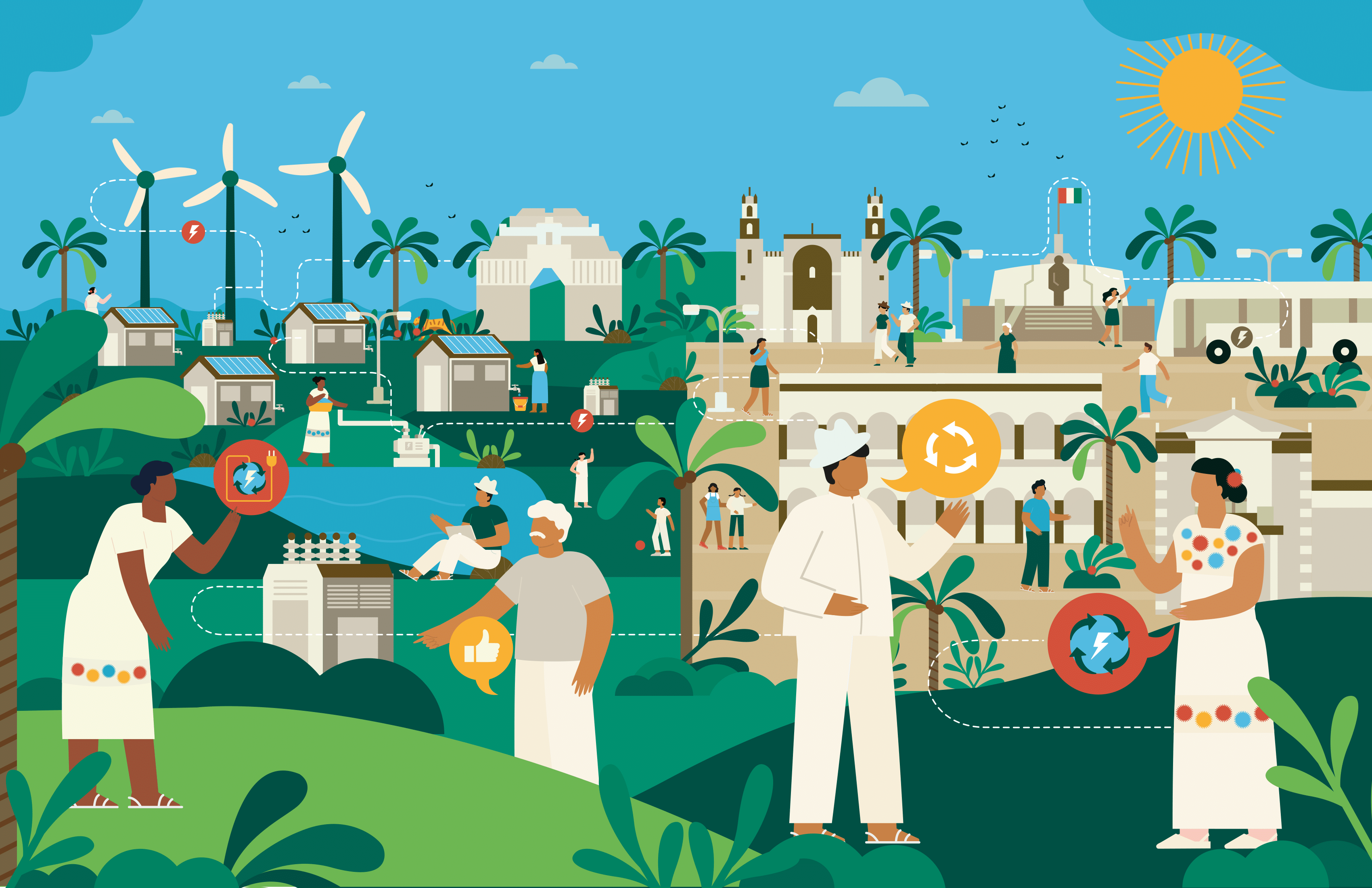Humanity faces three global crises that threaten our survival, development and the conditions of our habitat. These are: the health crisis derived from the SARS-CoV-2 virus pandemic; the economic crisis caused by the slowdown in productive activities and in lifestyles in general, linked to the pandemic and deepening processes of poverty and inequality; and, of course, the climate crisis, expressed by the continuous increase in extreme climatic and meteorological phenomena, and the rises in sea levels, among other manifestations.
The deployment of sustainable energy–energy efficiency and renewable energy–is vital to achieving global efforts to reduce global warming. However, these actions have the potential to generate positive impacts beyond those related to greenhouse gas (GHG) mitigation. These additional impacts have been termed ‘co-benefits’. The quantification of social, environmental and economic co-benefits of sustainable energy makes it possible to visualise and identify those dimensions of development impacted and thereby promote agendas to which it contributes to additional purposes, such as social welfare, the reduction of ecological degradation, and green economic growth.
The technical cooperation between Mexico and Germany, through the project Enhancing the Coherence of Climate and Energy Policies in Mexico (CONECC) of the Deutsche Gesellschaft für Internationale Zusammenarbeit (GIZ) GmbH, in coordination with the Ministry of Environment and Natural Resources (SEMARNAT), implemented phase II of the Mexico Co-benefits initiative, called “Co-benefits of sustainable energy: an opportunity to promote well-being and sustainable development in Mexico”, aimed at providing governmental subnational organisations and key actors in Mexico with the capacity to incorporate the concept of co-benefits into their decision-making processes and strategies to promote sustainable energy, through the quantification of co-benefits and the development of narratives that highlight the opportunities and positive impacts derived from each unit of energy saved by energy efficiency measures, or generated through renewable sources, respectively.
Thus, a pilot programme to quantify co-benefits was implemented, with six projects selected for the development of an analysis of their co-benefits. These projects cover a wide spectrum of sustainable energy since they take advantage of different technologies and are applied at different scales and in different sectors. The actions related to the field of renewable energy include the generation of clean energy at the community level without connection to the supply network; distributed generation for government use; and large-scale generation. The actions corresponding to the field of energy efficiency include saving measures implemented in government and private buildings, as well as the component of energy efficiency in wastewater treatment processes. The projects that participated in the pilot are located in five states of the Mexican Republic: Coahuila, Guanajuato, Hidalgo, Tamaulipas and Yucatán. Based on the lessons learned and good practices from this quantification exercise, the initial development of the CO-B MX tool was achieved: Towards a Sustainable Energy Quantification Tool.
It is with great pleasure that we share the results of the pilot programme and the co-benefit quantification tool. The general study outlines the main results, good practices and methodologies for the quantification of co-benefits. Additionally, you can find seven disclosure sheets with the specific results of each project. Finally, you will find the link to be able to use the CO-B MX tool.

We hope to inspire readers to continue the legacy of quantifying co-benefits and thus contribute to the deployment of sustainable energy to face the effects of climate change, creating a green future and triggering well-being opportunities for society at the same time.
- Study: Co-benefits of sustainable energy: an opportunity to promote welfare and sustainable development in Mexico.
- Video: Co-benefits of sustainable energy: Promote well-being and sustainable development in Mexico

